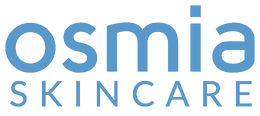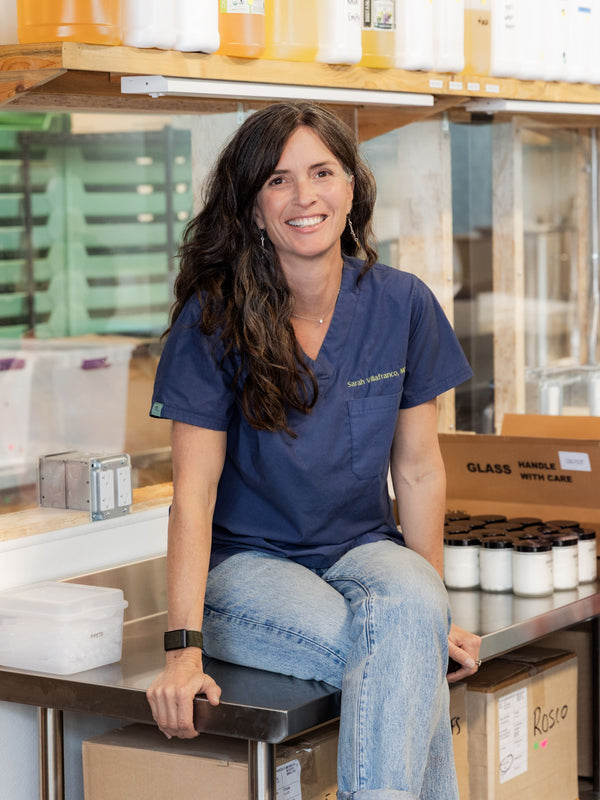Here’s the cold, hard truth: there are NO guidelines, standards, or regulations (yet) when it comes to using words like clean, green, and natural in the skincare industry. And while we’re at it, another unpleasant fact: lots of brands are deceptive, dishonest, or painfully uninformed about what’s in their products. So how are you supposed to know which brands are safe, transparent, and informed? More and more standards are popping up, which may make it easier in the long run, once we know which certifications are meaningful. In the meantime, here are some tips for finding brands that walk the walk when it comes to good, actually-clean beauty:
- Try using an app like Think Dirty or Yuka to help you scan ingredients.
- Look for brands that share full ingredient lists on their websites and have a clear way to contact them with questions.
- Scan for these red flags; parfum (synthetic fragrance), words that end in “eth”, phenoxyethanol, PEGs, and polysorbates (all ethoxylated ingredients), petroleum, parabens, and FD&C colors. These ingredients indicate that a brand may not be as healthy for you or the environment as they claim.
- Look for a compelling founder story or a clear mission, as well as the ways in which a brand is giving back to the environment or the community.
- Avoid brands that use phrases like “preservative-free,” “eco-friendly packaging,” or “chemical-free” in their marketing—they may point toward half-truths that indicate greenwashing.
- Look for educational information on a brand’s website, with well-researched information and resources. If a brand truly cares, they’ll be trying to share what they know and why they do what they do!
- Some certifications have excellent standards behind them: look for USDA Certified Organic, EcoCert/Cosmos, and NSF logos on products or brands.
Is Osmia a truly clean skincare brand?
Osmia has always walked the walk when it comes to clean, green behavior. The majority of our ingredients are naturally-derived with sustainable, traceable sources, and many of them are certified organic, which we indicate with an asterisk in the ingredient lists on our website and packaging. We constantly research and improve our packaging options, using post-consumer and FSC-certified materials, water-soluble inks, and non-toxic adhesives. We use recycled shipping boxes and materials, and we repurpose everything we can within our walls, right down to the well-used compost bin at our office. And, of course, we plant a tree for every order.
Why are we not certified as a brand, you ask? My friend Lisa (@thenewknew) asked lots of brand founders the same question, and our answer can be found in her helpful post. Several of our products are NSF or EcoCert certified, and we'll have more certified products as we grow and work the certification process into our budget. We've used strict formulation standards from the start (some of the strictest standards in the industry) so it's really just a question of submitting the products as they are to get them certified when our resources allow!
Here are a handful of other brands whose standards for "clean" are as stringent (or almost) as ours! (There are lots of others, but we didn't want to drown you in options—see other blog posts below for more brands to explore!)
Skin:
Hair:
Makeup:
Home:
Hoping to learn more? Check out these other posts about clean beauty on our blog!








